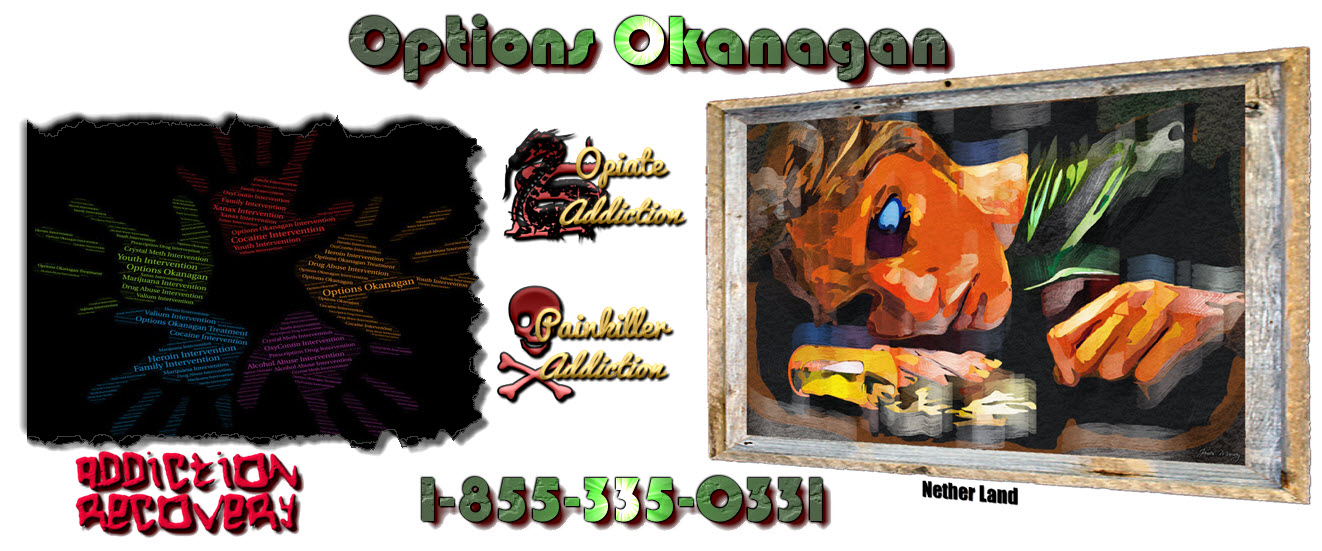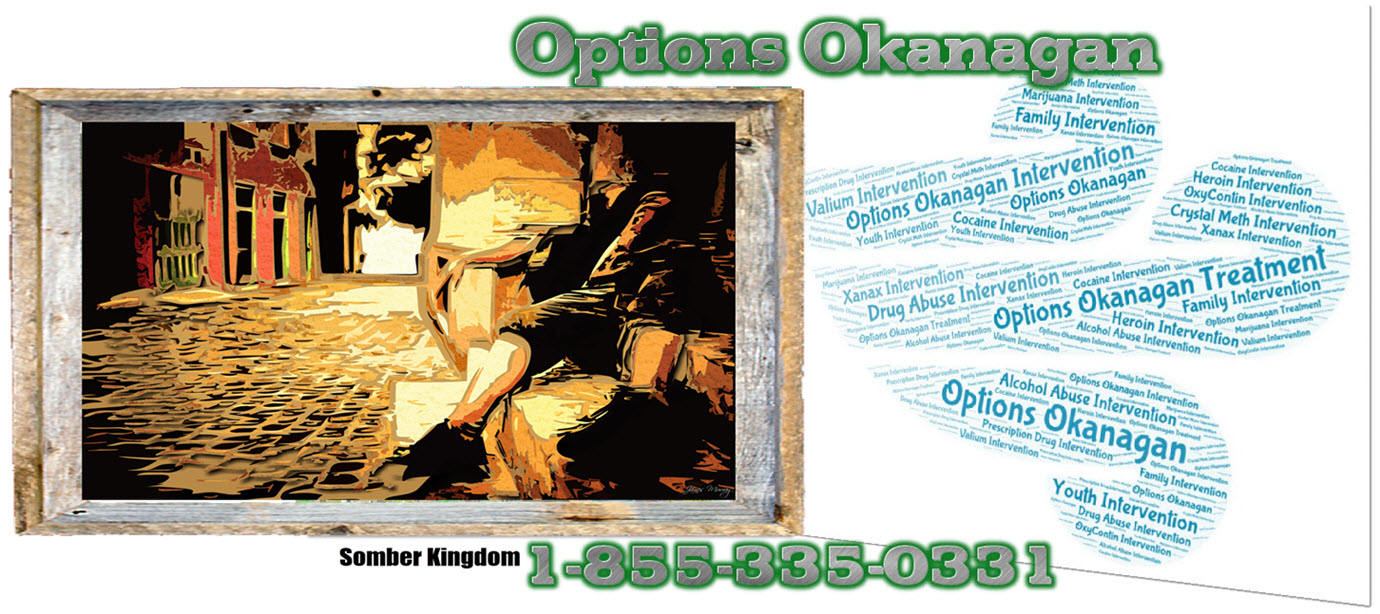Why do some individuals become addicted and others do not? Drug Rehab Clinics and Programs for recovering addicts in British Columbia and Alberta – Options Treatment Center in Kelowna, British Columbia treating drug, opiate, opioid, fentanyl, heroin, and alcohol addiction and recovery.
Drug Rehab In Alberta And BC
For example, let us say that two individuals drink the same amount of alcohol over time. It is possible for one person to become addicted and another not, but why? The simple answer to this question is that there is no straightforward answer. Some people may find this answer frustrating because it may not meet their expectations. One thing we have learned from advances in technology and subsequent discoveries in neurobiology is that addiction is a much more complex state of being than people once thought, but there are some clues that can help society predict who will become addicted.
Why does society care?
For all humans beings, it is natural to want to know about the causes of health problems so that society can deal with the negative consequences and, where possible, prevent them. However, it is also important to note that as new research continues to be published in the addiction literature, the way people conceptualize and understand the condition must be adaptable and flexible in order to remain relevant. Different theories come and go as society’s collective understanding of addiction becomes broader and more inclusive. Scientists who study addiction are very interested in its etiology. Studying the causes, or ways of causing, of a disease or condition, such as determining the direction of future treatment, enables the addiction treatment community to reach more people in need effectively.
What does the current research results tell the addiction treatment community?
While there are many things that go unnoticed when a person considers why some individuals become addicted while others are unaffected by alcohol or drug use, we do know that some people are more likely to develop substance abuse disorders than others. Most modern theories, based on bio-psycho-socio-spiritual approaches and knowledge of neurology and attachment theories, hold that people with disorders of the brain, mind, and social skills are most susceptible to this condition.
Genetics is still the most important predictor of addiction, followed by earlier first use. The results demonstrate the validity of these factors, but there are other factors that healthcare professionals should also consider when diagnosing drug use disorders. A person needs to consider the complex interactions between a combination of biological, psychological, social, and spiritual determinants. In addition to a family history of addiction and the age at which a person started using drugs or alcohol, these include:
Environment: Those who grew up among their peers who used drugs and alcohol were more likely to start using them.
Effectiveness of ingredients used: some drugs, such as heroin or fentanyl which are much stronger and more addictive than other drugs.
How a substance is consumed: Injecting a drug will result in a higher intake of dopamine, making it more likely for individuals to become dependent on it.
Mental health: Individuals who have struggled with mood disorders such as anxiety and depression may be more likely to look for unhealthy mechanisms to deal with stress, including alcohol or drug use.
It is important to note that no one is completely immune to addiction, although a person’s addiction tendencies can vary in intensity and completeness due to the risk factors listed above. Like many chronic diseases such as diabetes, some are at higher risk than others, but there is no sure way of knowing who will be affected. Therefore, it is very important for everybody to research their personal risk factors and take their own precautions to prevent the occurrence or development of substance use disorders.
Options Okanagan Opiate and Alcohol Treatment Centers in Kelowna, Salmon Arm, and Vancouver, British Columbia – Men and Women are recovering and healing from Alcohol and Drug Abuse at our treatment center here in the Okanagan right now.
Our unique and distinctive Opiate Drug and Alcohol treatment program allows men and women to come in from Calgary as well as Edmonton as we offer airport pickup.
Numerous clients come to us from Vancouver, Calgary, and Edmonton and other locations in Alberta and even other provinces for Opiate addiction treatment, heroin drug treatment, many other drug and alcohol addictions for rehabilitation because of the uniqueness of our treatment center.
Our (Kelowna ) Alcohol and Drug Treatment Program Location:
(Not Mailing Address) Contact Us – Web Page
For Mail Delivery :: Please contact each center for correct mailing addresses, also this location is the location of our residential treatment programs in Kelowna. Please call Toll Free 1-855-335-0331 to contact the treatment center you are going to for the address and directions.
Options Okanagan Drug and Opiate Treatment Center
551 Sherrydale Crescent, Kelowna, British Columbia, V1V 2E6
Toll-Free Phone Number: 1-855-335-0331




